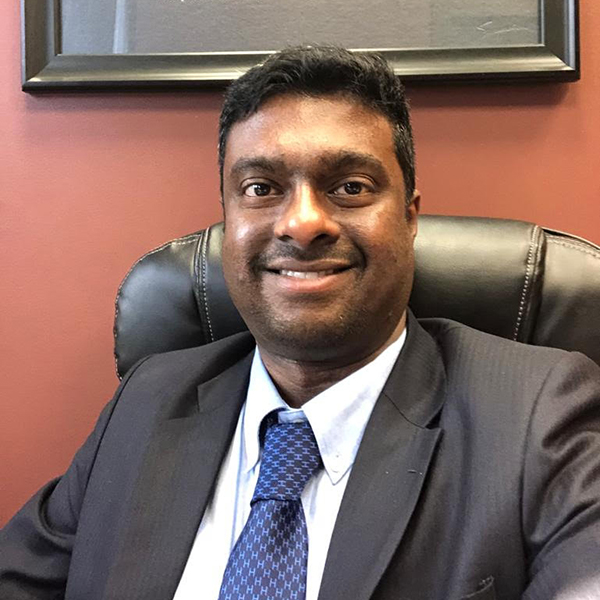Clinician Well-Being: Thoughts From an Early Career Cardiologist

I finished seeing my last patient in the office at 5 p.m. and finalized my notes shortly thereafter. I had received a call earlier in the afternoon about a new non-urgent consult. The primary care physician had advised that the patient was stable and could be seen tomorrow. I looked at the time and thought, let me swing by the hospital and see the consult before I go home. While I was evaluating this patient in the emergency room, two different ED providers 'curbsided' me about more patients. Of course, patient care and well-being are of the utmost importance, but what about clinician well-being?
Too often in the 21st century, work-life balance has been a difficult goal to achieve for many in this rigorous field of medicine and this has undergone further examination under the microscope over the past year due to the coronavirus pandemic. The events of this year have forever changed us. We have uncovered fortitude and resiliency beyond what we could have thought possible. We need every bit of that courage and energy to keep moving forward.
Here are a few things to keep in mind to help achieve an ideal work-life balance:
Listen to your heart
We are cardiologists after all, so this should be easy, right? Not exactly. For those who are in the early part of their careers, achieving work-life balance is difficult with high expectations in the clinical and research aspects for academic positions or expectations in building a strong practice and being available for extended hours in the private practice setting. In these difficult situations, communication is essential. Reach out to your spouse/partner, a former colleague/friend or even your mentor from your training period to get their advice, but ultimately, trust yourself on what is best for you.
How to say no
Just because you are the rookie does not mean you are obligated to accept the additional task that was offered to you. In these circumstances, honesty may sometimes be the best policy. Addressing your concerns politely with your division leader may be a wise decision that informs them of what your boundaries are. Discussing and setting these boundaries on a personal level are just as essential, especially in situations when we need to bring our work home.
Where do you see yourself five years from now?
It may seem like a generic question that you heard when you interviewed for residency, but the importance of this question is immeasurable. When you are considering taking a new job or renewing your contract, this question should encompass not only your professional goals but also your personal goals in terms of family, raising children and optimal location for long-term residence. Your goals today may not be what they were five years ago. But do not let your fear of change overtake what is best for you today and the future.
There is no 'I' in team
Just like a multidisciplinary team improves a patient's treatment plan, put together your own 'team' of advisors, be it a partner, family member, friend, colleague, to be available for your needs as you navigate the speed bumps in your early career. Regularly reassessing your professional goals, daily work routine and job satisfaction will help you make adjustments when necessary and decrease the chances of fatigue and burnout. Keep reminding yourself of why you went into medicine as a positive, motivational factor to avoid being dragged down by work routines.
L.O.V.E.
Now more than ever, life is unpredictable. Care about those who care about you. Make sure you make time for your loved ones and through words but more so actions, show them that you know how important they are to you. Time is short. Use it wisely with those who value your time on a personal level, not on a material level.
Self-help is the best help
Although we are inherently unselfish and entered this profession to help and serve others, we need to make and take time for ourselves. Achieve optimal work-life balance and decrease risk of clinician burnout by doing whatever is necessary for your mental and physical well-being. This may include exercising (your mind and body) regularly, meditation, getting enough sleep, eating healthy or simply just turning off your pager when you are away on vacation. In these times of increased stress and emotional burden on clinicians, there are options available for assistance through mental health professionals and counselors on-site and online through organizations such as Vital Work Life. Do not be afraid to ask for help.
I am grateful for the opportunity to serve as an editorial board member of the ACC.org Early Career section in the clinician well-being position. Over the course of this year, we hope to share further insight on this topic from experts in this field. Let's raise each other's spirits by focusing on the positive. Give yourself some time to let your thoughts fill with all things that make you happy. Give an old friend a call. Watch a favorite movie that makes you laugh. Hug your family extra tight. But most of all, find ways to be happy and healthy mentally, emotionally, physically and spiritually. Keep smiling always!

